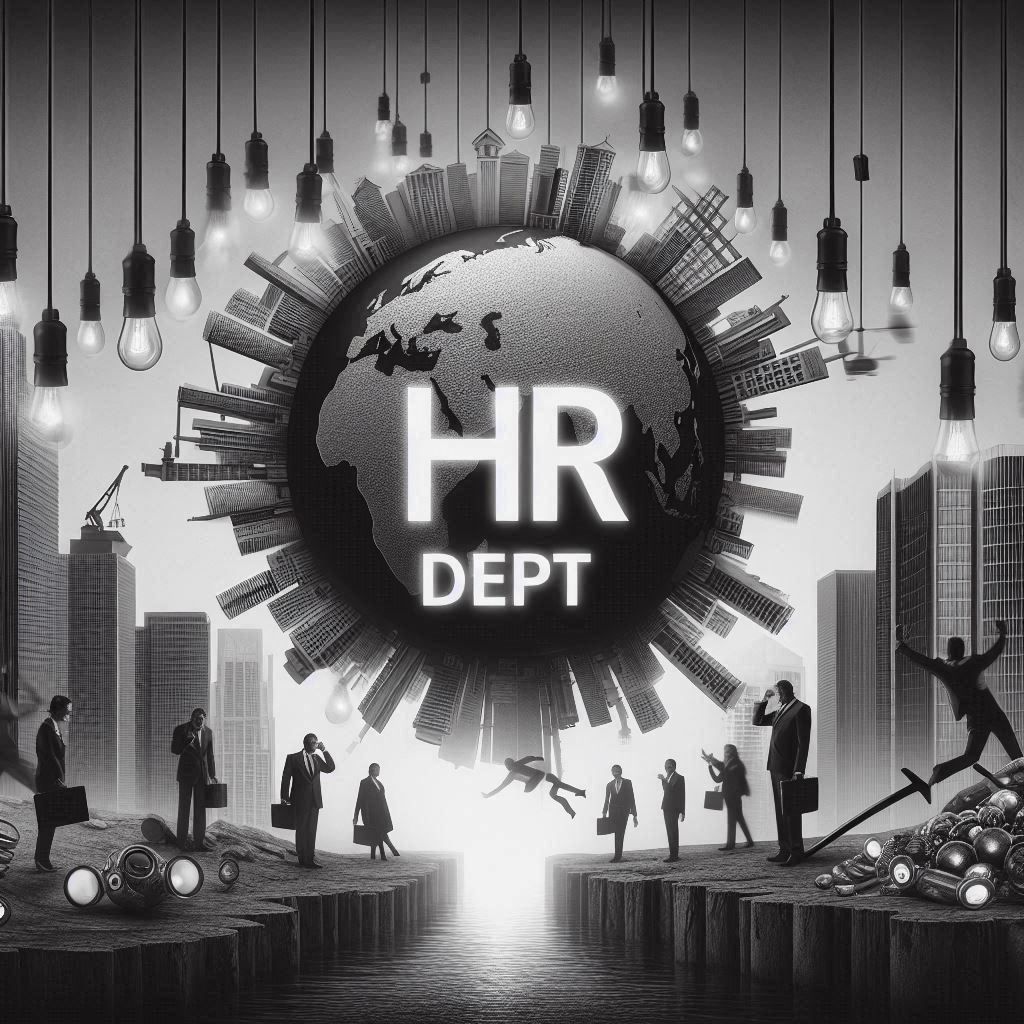
Read More: Industries Being Replaced by Technology
HRDept - All your efforts deserve to be rewarded
Economic crises are a constant threat to nations, businesses, and workers alike. When the economy declines, the job market suffers significant consequences, leading to rising unemployment, decreasing wages, and shifts in hiring practices. How do economic crises affect employment, and how can workers adapt?
I. How Do Economic Crises Affect Employment?
1. Rising Unemployment Rates
According to the International Labour Organization (ILO), during economic downturns, the global unemployment rate can increase by 1.5% to 3%. For instance, the 2008 financial crisis caused the U.S. unemployment rate to jump from 5% to 10% within two years.
"During a crisis, businesses must cut costs, and human resources are often the first area to be affected."
2. Lower Wages And Reduced Benefits
Beyond job losses, many employees also experience salary cuts, reduced benefits, and increased workloads. A 2023 McKinsey report found that over 40% of global companies reduced employee benefits to stay operational.
| Impact | Consequences For Workers |
|---|---|
| Workforce reductions | Job loss, difficulty finding new work |
| Salary cuts | Financial strain |
| Benefit reductions | Loss of insurance, allowances, bonuses |
| Longer work hours | Increased work pressure |
3. Shifting Hiring Trends
Instead of full-time hiring, companies prioritize short-term contracts, temporary workers, or freelancers to reduce costs. While this presents challenges, it also creates opportunities for adaptable professionals.
"In times of crisis, those who are flexible and eager to learn always have a competitive edge." – HRDept.vn
Companies like HRDept.vn leverage AI technology to optimize recruitment, enabling employers to quickly connect with the right candidates while supporting job seekers in finding opportunities, even in difficult times.
II. How Can Workers Adapt?
1. Upskilling To Increase Job Prospects
During economic downturns, businesses tend to retain employees with diverse skills who can create high value. Workers should:
✔ Learn new skills, especially in digital technologies and languages.
✔ Enroll in online courses to stay updated with industry trends.
✔ Build a personal brand on professional platforms like LinkedIn.
"Continuous learning not only helps you keep your job but also propels you forward."
2. Be Flexible And Expand Career Opportunities
✔ Don't limit yourself to one field—explore new industries to increase job prospects.
✔ Consider freelancing or consulting as alternative income sources.
✔ Use reputable job platforms like HRDept.vn, which connects candidates with suitable job opportunities, ensuring faster access to employment even in a struggling market.
"Successful people aren’t the smartest—they’re the most adaptable."
3. Manage Personal Finances Wisely
During economic downturns, effective financial management becomes more crucial than ever. Key principles include:
✔ Saving at least six months’ worth of living expenses.
✔ Cutting unnecessary expenditures.
✔ Investing in education rather than luxury spending.
📊 Financial Management Before And During A Crisis
| Category | Before Crisis | During Crisis |
|---|---|---|
| Spending | Flexible shopping | Reduced non-essential expenses |
| Savings | 10-20% of income saved | At least six months' savings |
| Investments | Higher-risk investments | Safer investment strategies |
"A smart financial plan is the key to surviving a crisis without panic."
III. Conclusion
Economic crises bring challenges but also create opportunities for those who can adapt. To overcome difficulties, workers must upskill, explore new job opportunities, and manage their finances effectively.
Using recruitment platforms like HRDept.vn helps job seekers find employment quickly, connect with companies actively hiring, and build a stable career path despite labor market uncertainties.
"During a crisis, invest in yourself—it’s the one investment that never loses value."